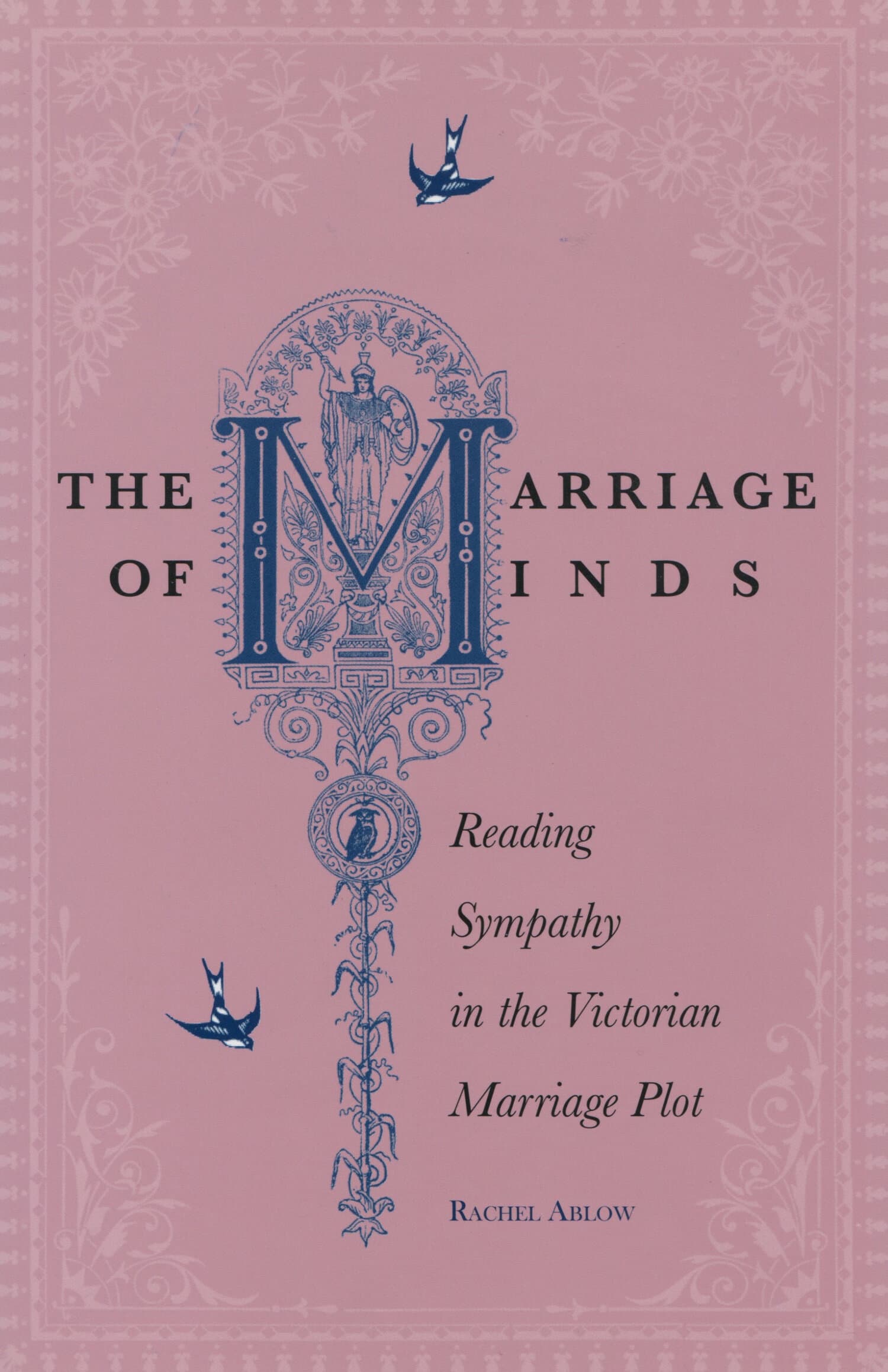The Marriage of Minds

The Marriage of Minds examines the implications of the common Victorian claim that novel reading can achieve the psychic, ethical, and affective benefits also commonly associated with sympathy in married life. Through close readings of canonical texts in relation to the histories of sympathy, marriage, and reading, The Marriage of Minds begins to fill a long-standing gap between eighteenth-century philosophical notions of sympathy and twentieth-century psychoanalytic concepts of identification. It examines the wide variety of ways in which novels were understood to educate or reform readers in the mid-nineteenth century. Finally, it demonstrates how both the form of the Victorian novel and the experience supposed to result from that form were implicated in ongoing debates about the nature, purpose, and law of marriage.
"This authoritative and innovative book on sympathy and the novel is a must-read for any student of Victorian fiction. It participates energetically in the major arguments about Victorian fiction that have been made in the last two decades. A significant achievement that fills a surprising void in the field." —Christopher Rovee, Stanford University
"The Marriage of Minds: Reading Sympathy in the Victorian Marriage Plot is a richly incisive exploration of the Victorian novel, which offers stunningly fresh and perceptive readings of major works alongside a suggestive account of novel reading itself. Going beyond the familiar insistence that novels interpellate readers into a social order not of their making, The Marriage of Minds discovers in the representation of sympathy a newly exacting understanding of how this might take place, and what the consequences of the process—political, ethical, and psychic—might be. The result is a major contribution to the study of Victorian fiction." —James Eli Adams,Cornell University
"In The Marriage of Minds, Rachel Ablow offers a new perspective on the relationship between reading, one of the favorite activities of the Victorians, and the institution of marriage, and how society viewed that relationship The Marriage of Minds deservingly ranks as one of the more cogently argued and readable literary criticisms of Victorian literature of recent time." —H-Net
"Ablow's sophisticated, theoretically expansive treatment of sympathy-as-relation is timely, robust, and altogether welcome." —Victorian Studies
"...Rachel Ablow deftly incorporates primary historical sources in her analysis of marital and readerly sympathy....Ablow's ability to locate her literary analysis within various Victorian discourses makes The Marriage of Minds indispensible for anyone seeking a general overview of Victorian perceptions of the relationships among marriage, sympathy, and reading." —Clio




